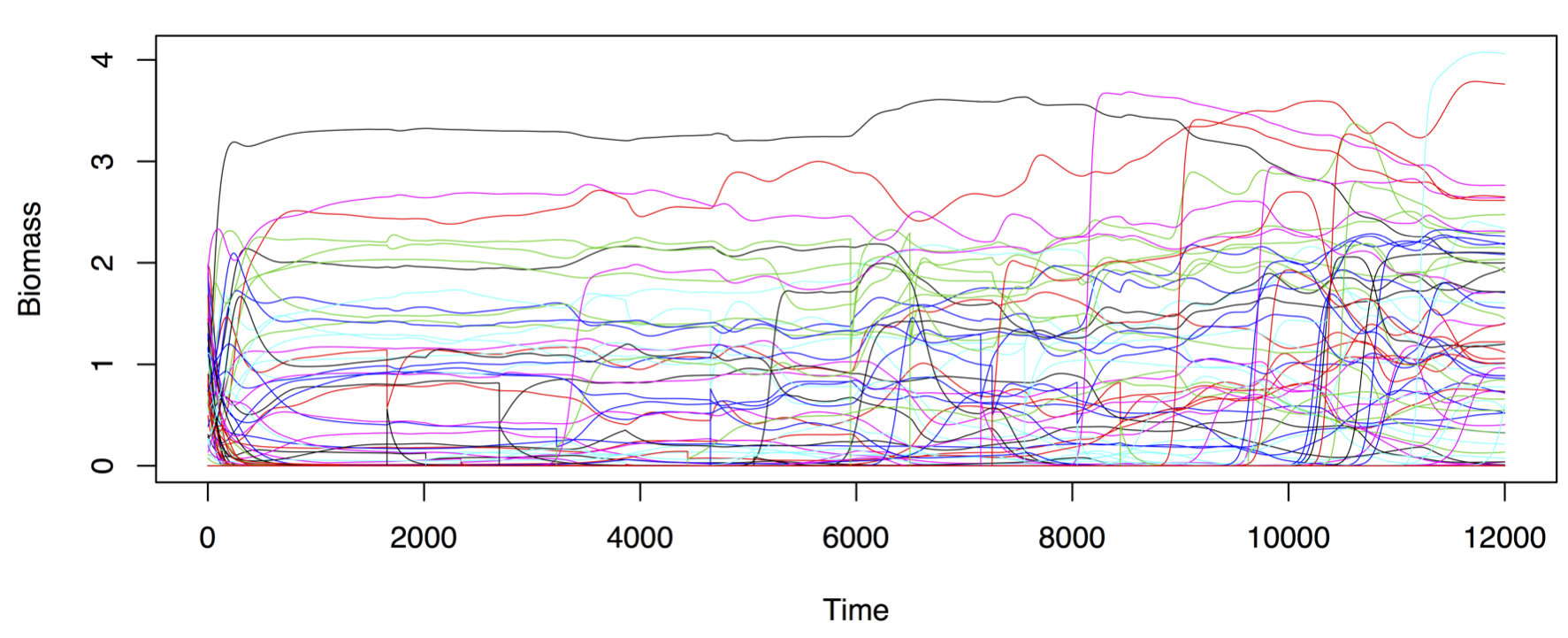Our research
The main focus of our research is to understand patterns of biodiversity distribution across space and time from a mechanistic perspective. We investigate both ecological and evolutionary mechanisms across scales from low-level behavioural processes, to high-level biomass transfer and structure in complex networks of ecological interactions. We use a mixed theoretical - empirical approach grounded on the development of mechanistic theoretical models and the analysis of very large datasets. Further, we are interested in the applicability of these models to develop predictions on the effects of different aspects of global change on complex ecosystems.
We work on many different systems, from microbial communities associated to multicellular hosts, to the continent-wide terrestrial vertebrate and marine communities. We develop robust computational methods to the study and understand of complex ecological systems. Our computational models are informed and inspired by ecological and evolutionary processes occurring at various levels of biological organisation from individuals to ecosystems.
Understanding the assembly of complex ecological networks across spatial scales
We study the processes that give rise to ecological complexity across spatial scales using mathematical and computational approaches.
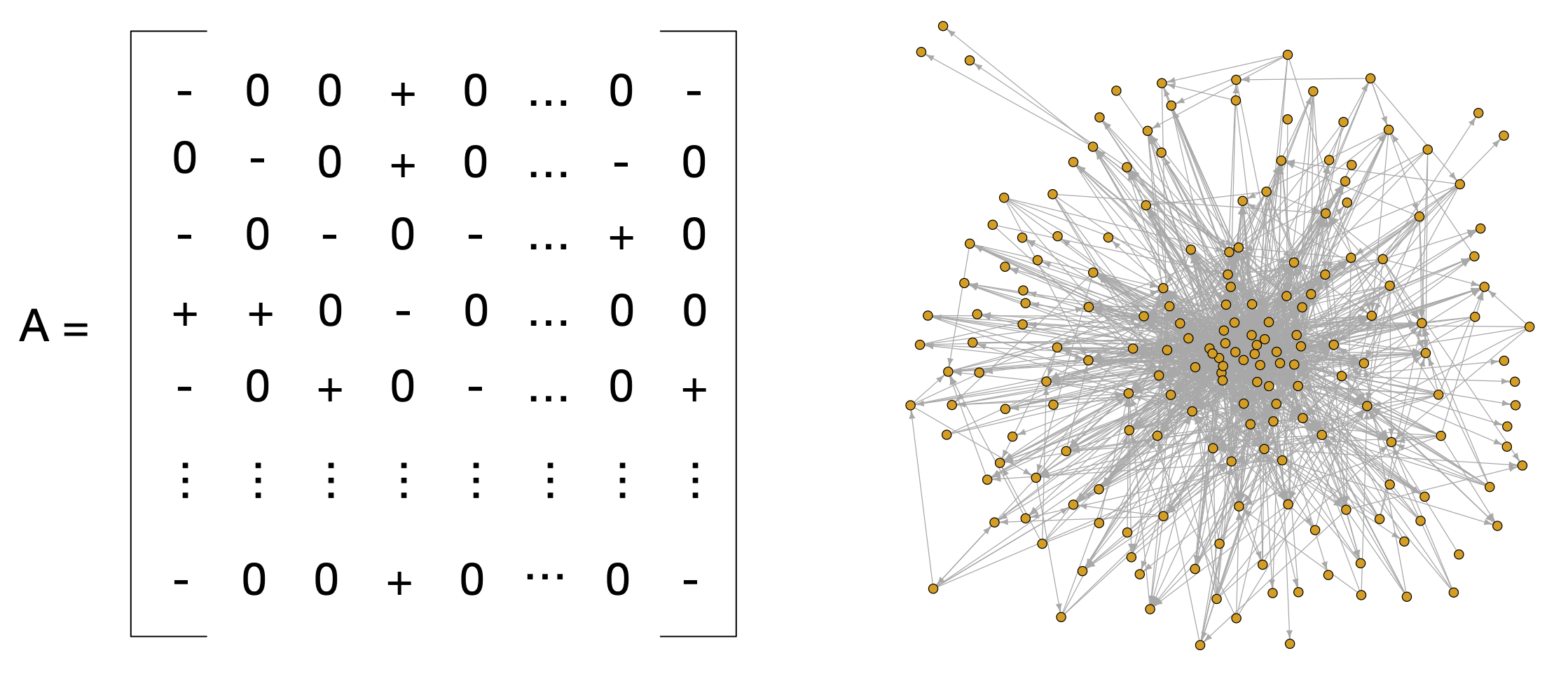
Assembly, structure and function of the sponge-associated microbiome
We investigate the diversity and compositional patterns of complex microbial assemblages in marine sponges. Using information on the mechanisms playing out in these complex communities, we develop mathematical models to understand their assembly.
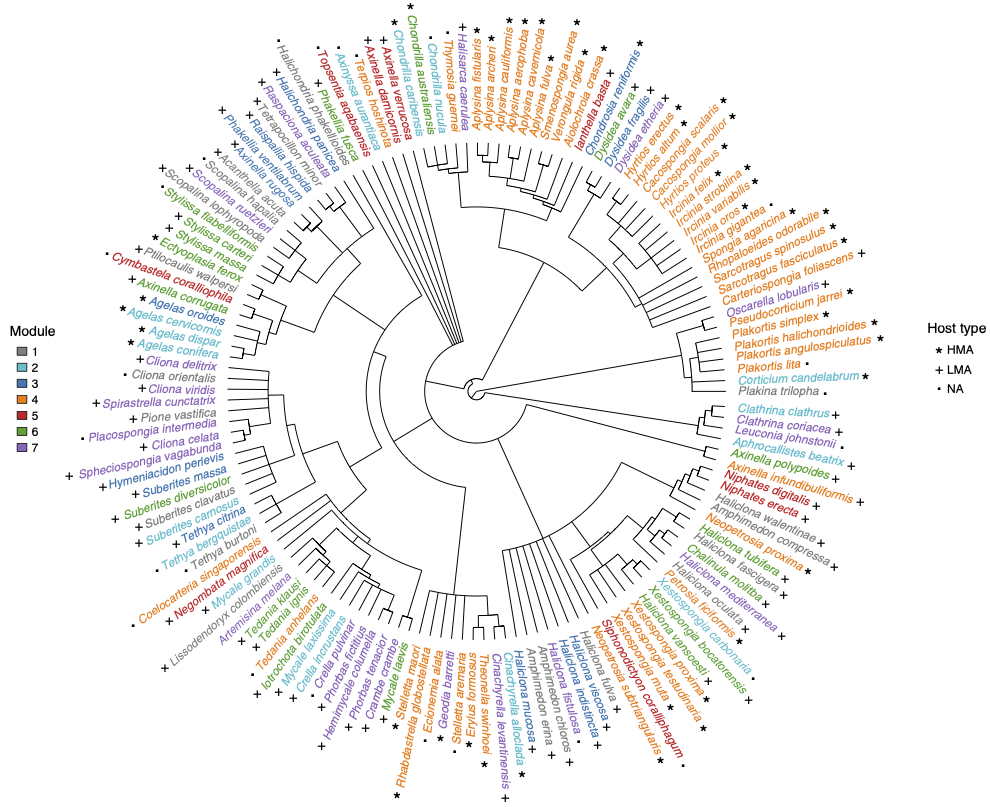
Predicting the effects of human-induced stressors on natural ecosystems
We are interested in developing an understanding of the effects of global change drives such as habitat loss and fragmentation, climate warming, and invasions, on the structure of networks of ecological interactions. We focus on the patterns of change but also on the development of predictive models that would help in the design of management strategies for conservation.
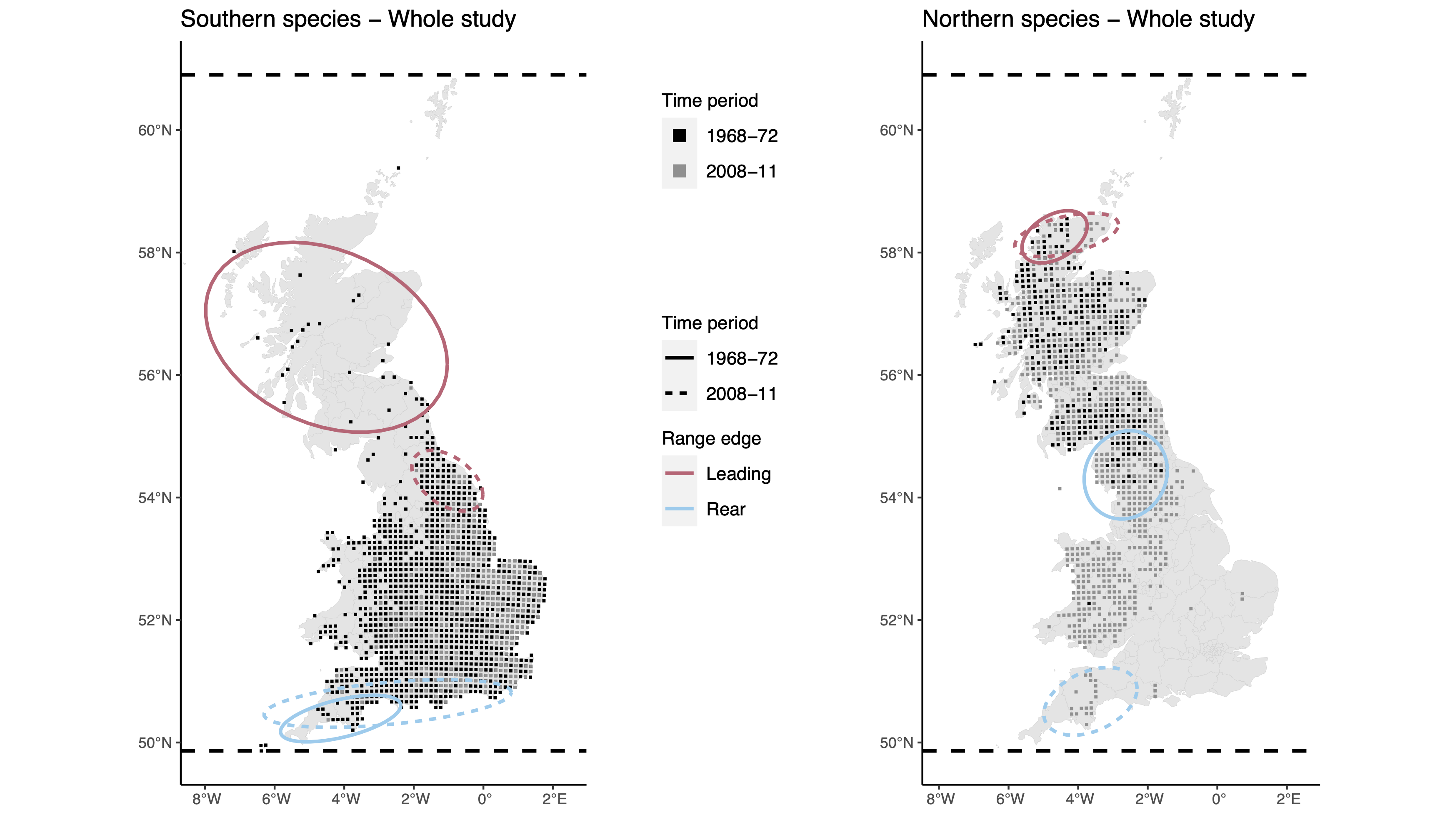
Understanding the effects of local-scale behaviours for metapopulation persistence
A major limitation of current metapopulation models used to predict population persistence and stability at large spatial scales, is the strong (yet mostly untested) assumption that dispersal is a random density-dependent processes. In this research theme, we aim at understanding the consequences of low-level processes of animal behaviour on high-level patterns of species distributions. Low-level effects percolate all the way up to regional populations to determine biodiversity patterns.
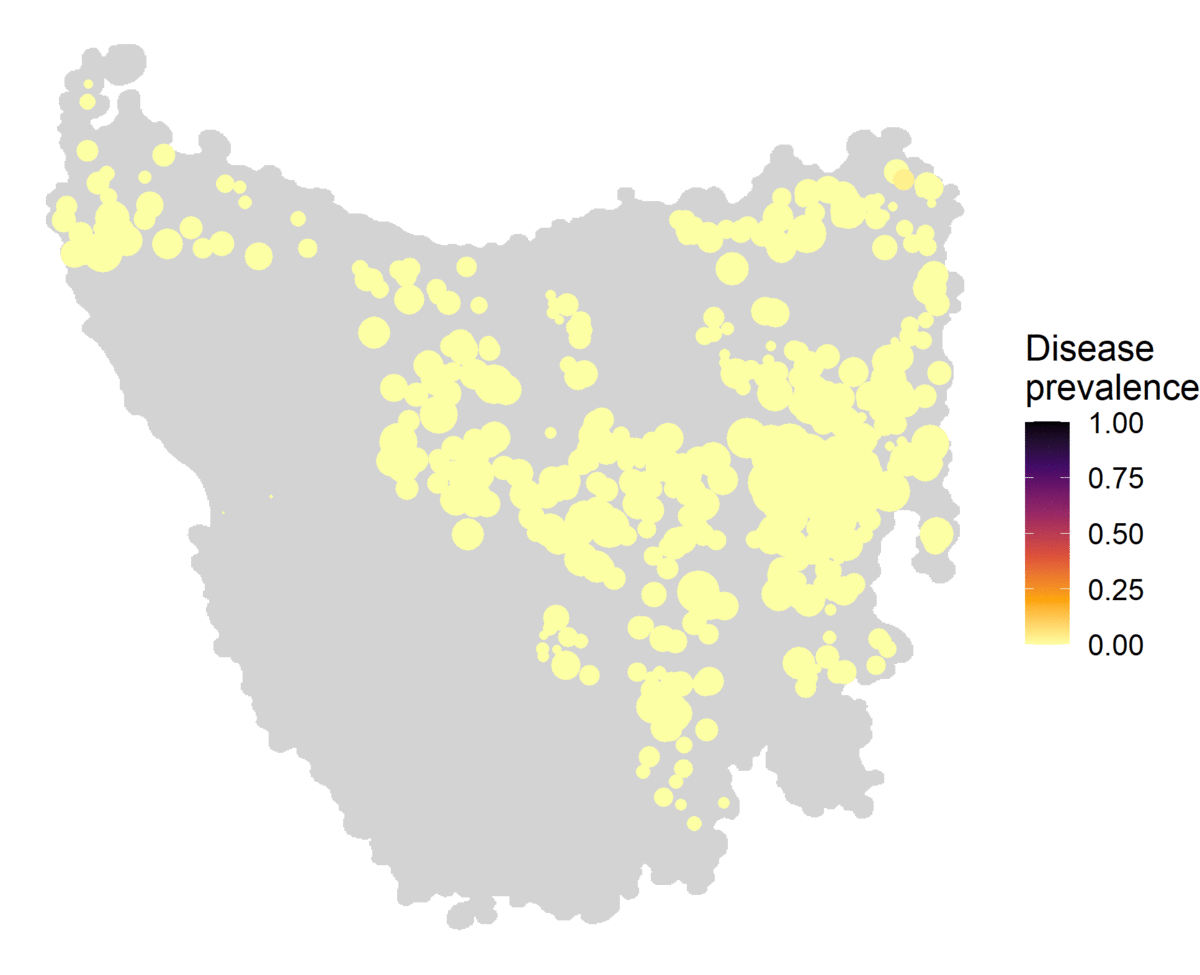
Eco-evolutionary dynamics of complex networks
The connection between ecology and evolution is a longstanding tenet of biological research. However, we still lack a definite understanding of how these two families of processes interact to facilitate the emergence of ecosystems we observe around us. In this research theme, we try to develop a better theoretical understanding of the consequences of evolutionary adaptive change on the overall structure and stability of complex ecological networks.
